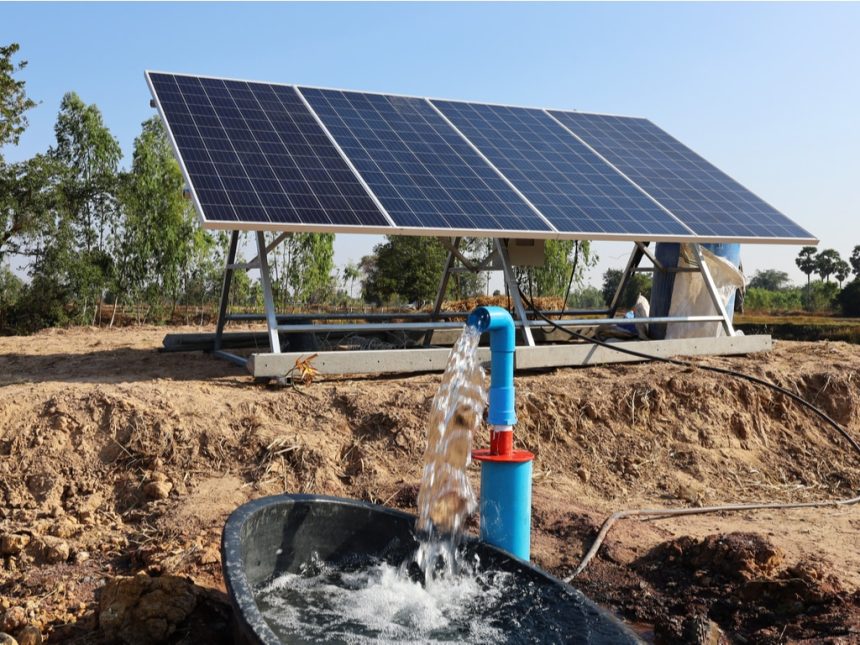Kenya-based SunCulture, a solar irrigation startup, has raised $27 million from investors including Netflix co-founder Reed Hastings and Eric Schmidt, the former chief executive of Alphabet.
Others who also invested include InfraCo Africa and Acumen Fund. Investors in earlier funding rounds include EDF International SAS, DPI Energy Ventures, Equator Africa Fund, and Energy Access Ventures Fund.
Details
The company supplies small solar-powered water pumps, the cost of which is subsidised by the sale of carbon credits, to small-scale farmers, allowing them to replace diesel-powered pumps in some cases and boost yields in fields that weren’t previously irrigated.
SunCulture operates in Kenya, Uganda, and Ivory Coast and has distribution agreements in Ethiopia, Zambia, and Togo.
Why This Matters
The startup estimates that of the 700 million Africans living on small-holder farms, only 4% have access to irrigation, meaning that they have significantly lower yields and are vulnerable to dry weather.
What They’re Saying
“We’re the largest small-holder solar irrigation company in Africa. We use financial services and carbon revenues to make the cost of solar irrigation 50 percent cheaper than diesel and petrol pumps,” said Samir Ibrahim, SunCulture’s chief executive officer.
“Irrigation is just like old very unsexy technology but it could increase your yields by up to five times.”
“SunCulture helps farmers grow more food, which is exactly the kind of business that prospers,” Reed Hastings, Co-Founder of Netflix, said.
By The Numbers
The Series B funding round brings to $65 million the company has raised to date and goes some way toward its aim of raising $219 million to install 274,000 of its systems in Kenya alone. That funding would come from equity, debt, grants, and carbon financing, according to SunCulture.
The company has sold 47,000 units, powered by solar panels that can be mounted on small buildings or shacks and in some cases batteries. They use as little as 310 watts of power, equivalent to that needed for about five standard size incandescent light bulbs.
What Happens Next
The company also plans to expand across the continent with pilots currently being run in a number of countries. It’s also seeking to branch into facilitating the provision of other farming services such as soil tests and insurance.
Source: Bloomberg
Catch up on news and other tidbits on our WhatsApp Community Page, Twitter/X, and subscribe to our weekly newsletter to ensure you don’t miss out on any news.










